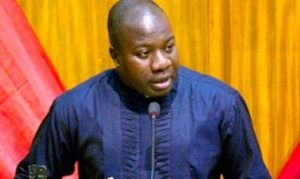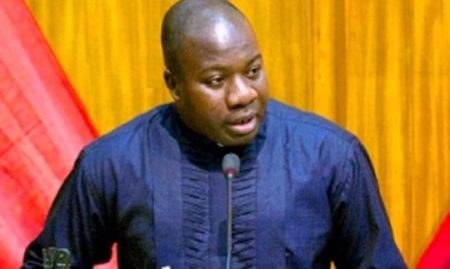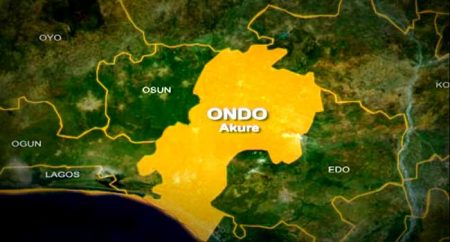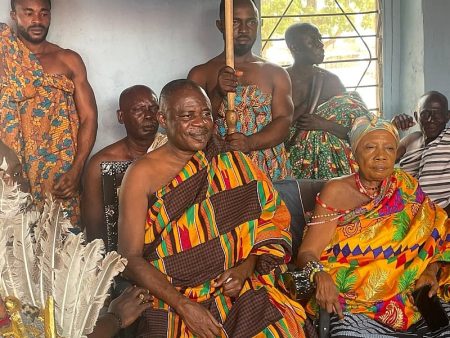In the upcoming 2025 elections, the National Democratic Congress (NDC), led by former President John Dramani Mahama and Vice President Professor Jane Naana Opoku-Agyemang, has prioritized enhancing mental healthcare accessibility in Ghana. They aim to integrate mental health services into Primary Health Care, reflecting a holistic approach to health. Mahama’s manifesto highlights the establishment of a mental health hospital in the northern sector and refurbishing existing facilities to bolster care quality. He further emphasizes the urgent need to enhance the capacities of the Accra and Pantang Psychiatric Hospitals to provide comprehensive mental health services, ensuring that those in need can access effective care.
To strengthen mental health services, the next NDC government plans to review the Mental Health Authority Law, which will facilitate the training, recruitment, and retention of Community Mental Health Officers (CMHOs). Mahama envisions establishing hotlines under the National Health Insurance Scheme (NHIS) framework to provide residents with easy access to mental healthcare and e-counseling services at the district level. Additionally, the NDC aims to foster research in herbal, traditional, and alternative medicine practices, encouraging universities to develop research departments in these areas, thereby potentially enriching the healthcare landscape with innovative and culturally relevant practices.
The NDC’s pledge also extends to improving public health emergency preparedness. Mahama emphasizes the importance of managing public health crises through a well-coordinated approach involving relevant stakeholders. To this end, the government will create an integrated emergency and pandemic preparedness plan that utilizes resources and technical expertise from various institutions to enhance overall response capability. Strengthening international partnerships and enhancing epidemiological surveillance are critical points in Mahama’s strategy for effectively managing future pandemics and health crises, ensuring that the nation remains vigilant and prepared.
In an effort to promote a culture of health and wellness in the country, the NDC plans to implement sustained public health education programs. This includes the introduction of the ‘Food for Health Initiative,’ designed to inform citizens about the nutritional benefits of indigenous Ghanaian foods while encouraging healthier dietary choices. The government also aims to initiate a National Vector Control Programme to address malaria in collaboration with local authorities and the private sector, showcasing a comprehensive approach to improving public health infrastructure and disease prevention strategies.
Former President Mahama’s administration also outlines plans to enhance data surveillance related to public health, collaborating with research institutions to provide regular health alerts. By improving monitoring of environmental factors such as water, soil, and air quality, the NDC government aims to ensure community safety and well-being. The plans also emphasize the establishment of community spaces that promote physical activity, thereby fostering a culture of fitness among Ghanaians and supporting regular cancer screenings to enhance early detection and health outcomes.
Lastly, Mahama underscores the necessity of integrating climate change and environmental safety into health policies and plans. The emphasis on public health education regarding lifestyle choices and preventive measures against communicable and non-communicable diseases reflects a commitment to building a healthier nation. By calling on the electorate to support him and the NDC’s parliamentary candidates, Mahama seeks to galvanize public support for his comprehensive health initiatives aimed at fostering a healthier, more resilient Ghana.














